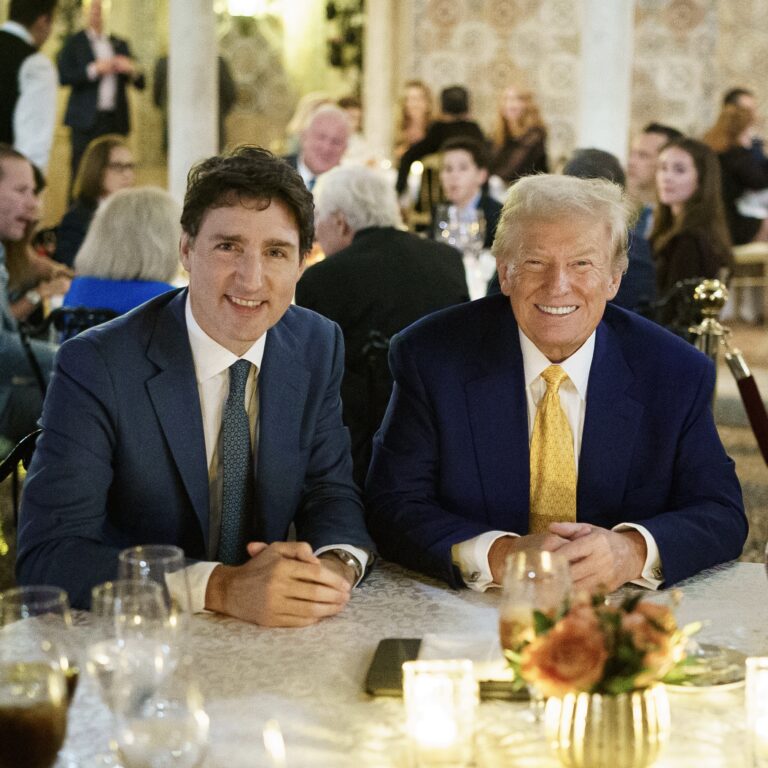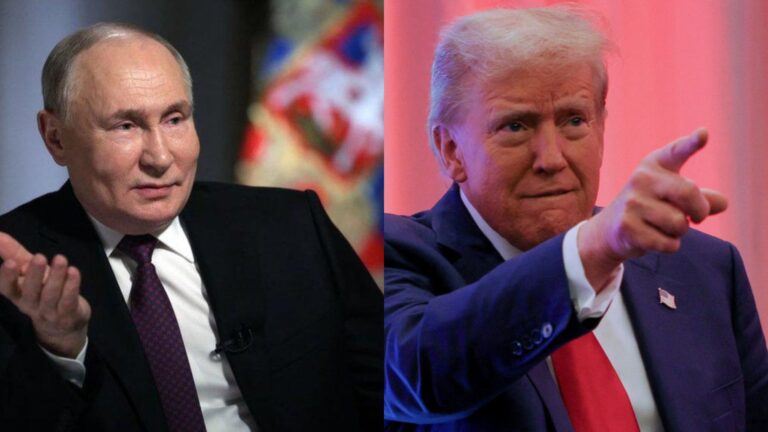
Introduction
In a significant diplomatic move, Brazil has joined India as the second BRICS nation to decline participation in China’s Belt and Road Initiative (BRI). This decision, made under President Lula da Silva’s administration, signals Brazil’s desire for a flexible partnership with China while maintaining its sovereignty in economic policies.
Why Brazil Opted Out of BRI
Brazil’s choice to decline BRI membership, despite strong trade ties with China, stems from concerns over economic dependency. By joining the BRI, Brazil would have faced restrictive conditions, potentially allowing China greater control over critical infrastructure and resources. Brazil’s leadership aims to maintain its autonomy in foreign policy and economic strategy, pursuing international collaborations that align more closely with its national interests.
Impact on BRICS Dynamics
Brazil’s stance could have broader implications for the BRICS alliance, with India and Brazil both opting out of BRI. This decision highlights a shift within BRICS, where members now exhibit varying degrees of caution in relation to China’s ambitious infrastructure initiative. For China, Brazil’s rejection is a setback, especially with Brazil hosting the upcoming G20 Summit, an opportunity China had hoped to leverage to further promote BRI.
Balancing Relations with China and the U.S.
Brazil’s cautious approach also reflects its goal of balancing relations with major global powers, namely China and the U.S. Given its strategic position in South America, Brazil seeks partnerships that support economic growth without fostering dependency. The U.S. has expressed concerns about BRI’s impact, and Brazilian officials have been advised to avoid hasty commitments, especially with the U.S. presidential election on the horizon.
Looking Forward: Brazil’s Strategic Vision
Brazil aims for economic growth through infrastructure development without compromising local industries. By opting for selective cooperation, Brazil can benefit from Chinese investments in areas such as agriculture, renewable energy, and technology while avoiding the dependency pitfalls that some other BRI nations face. President Lula da Silva’s administration appears focused on sustainable partnerships that align with Brazil’s long-term development goals.
Conclusion
Brazil’s decision to decline the BRI underscores its commitment to a balanced foreign policy and economic independence. As the second BRICS nation to reject this initiative, Brazil’s stance could inspire other countries to pursue similar strategies, focusing on partnerships that align with their unique economic priorities and sovereignty.




